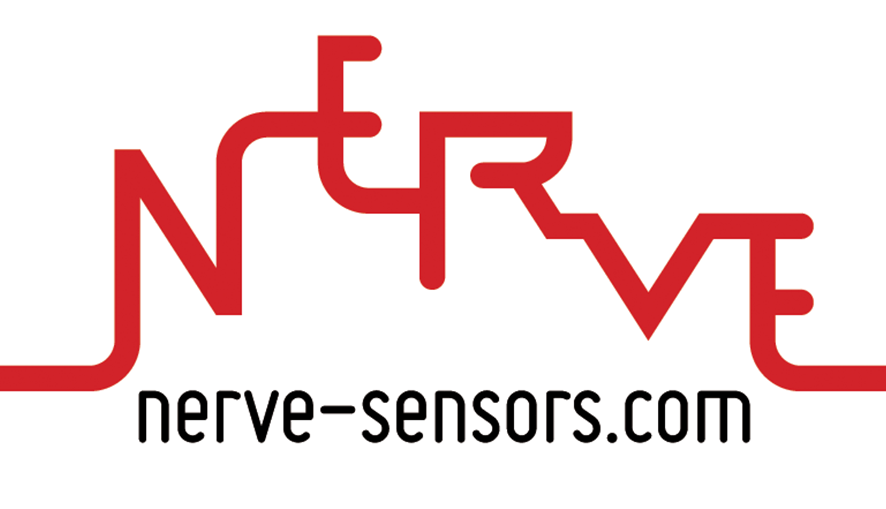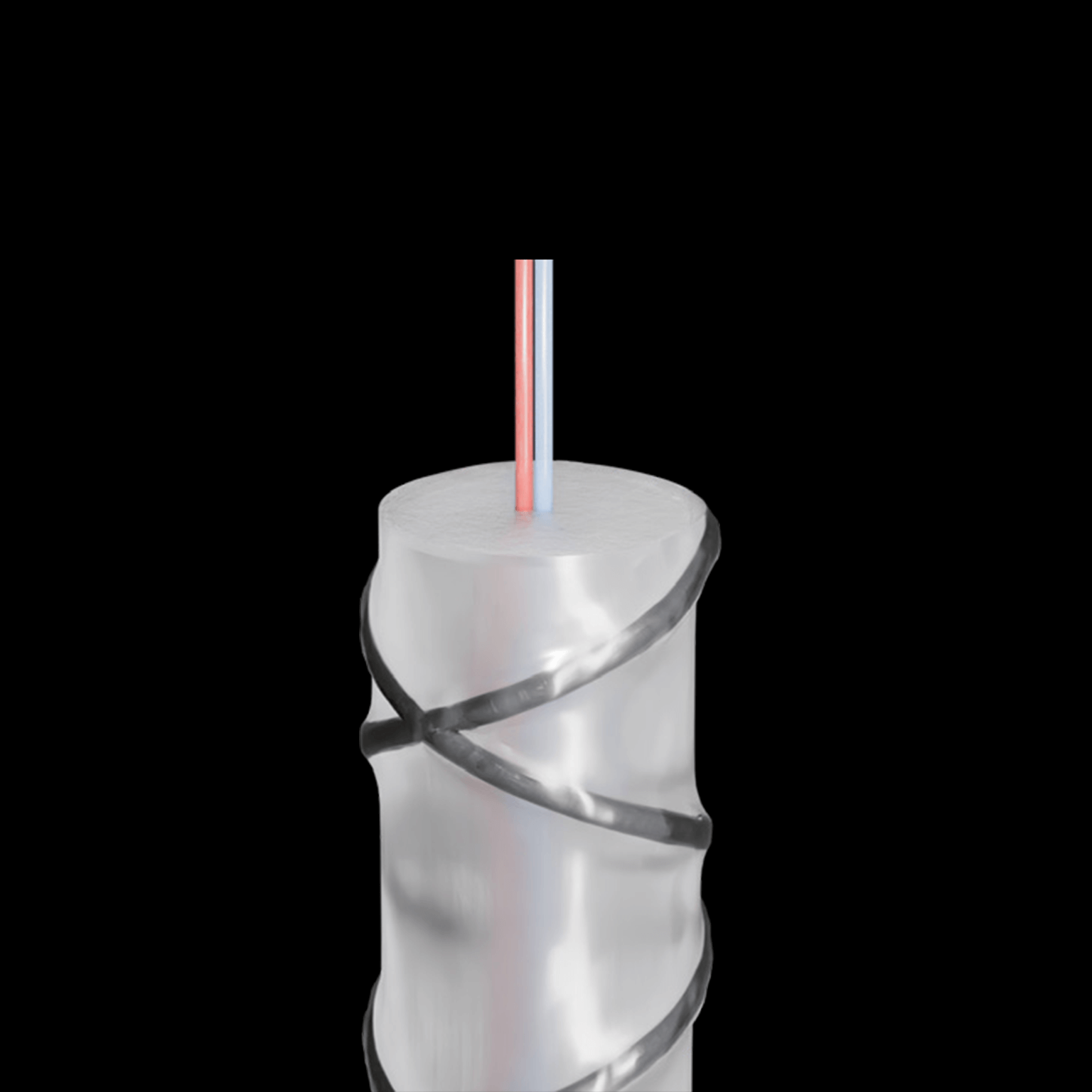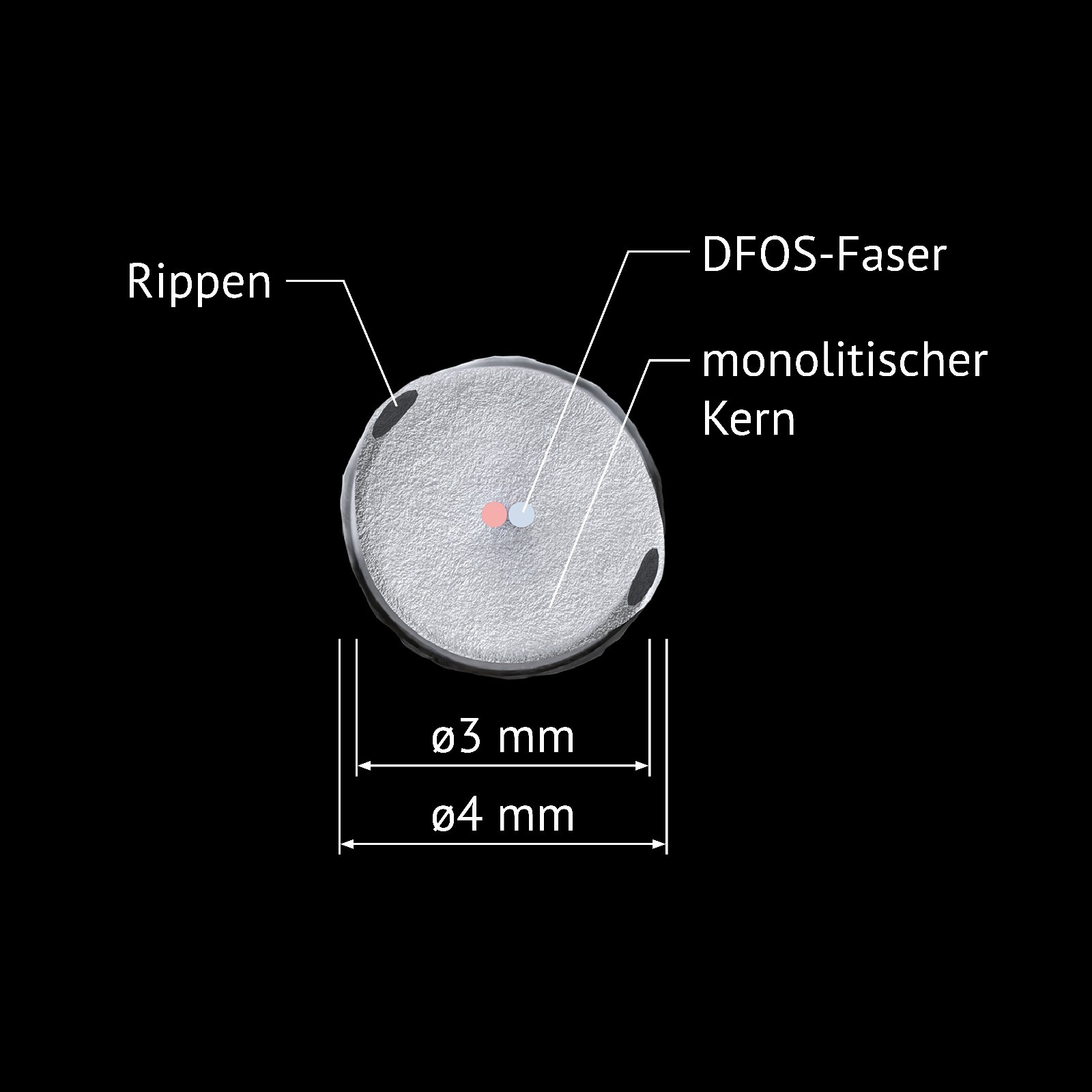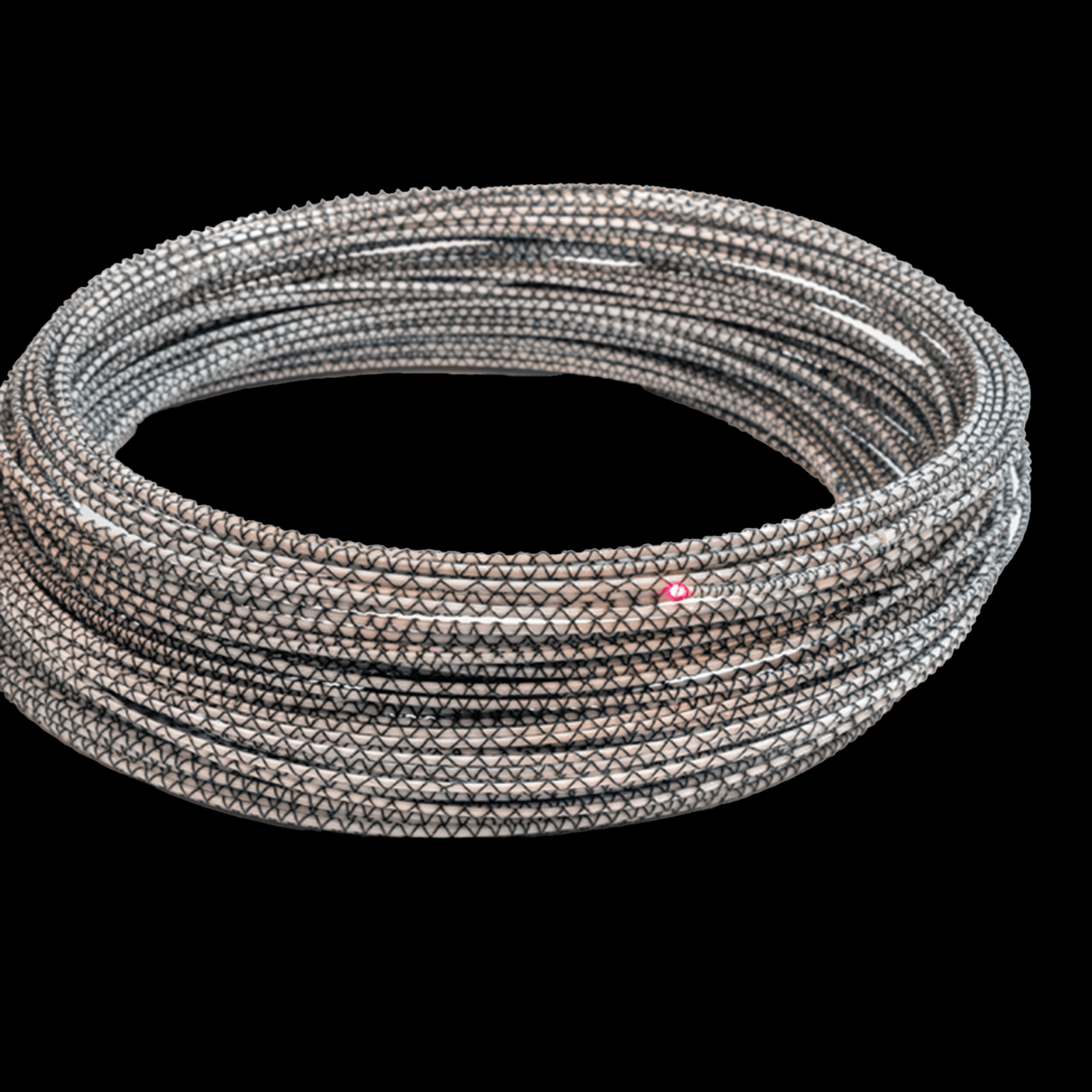
EpsilonSensor
DFOS sensor with strain range up to 4% and elasticity modulus (E = 3 GPa) not influencing the behaviour of monitored structure.
EpsilonSensor, with its monolithic core of specially designed composite material, provides accurate strain measurement over its entire length and the best strain transfer on the market. This makes it an ideal tool for detecting and analysing cracks in concrete. The braided outer surface improves the bonding properties and interaction with the monitored material.
The sensor can be embedded in new structures (concrete or soil) or installed on the surface of existing structures.
Lightweight, with a small bending radius and low stiffness, the sensor is easy to install in any shape and does not affect the behaviour of the structure being monitored. It is like the nerves in the human body – invisible, but essential to ensure adequate safety and response to even the smallest threats.
Lightweight, with a small bending radius and low stiffness, the sensor is easy to install in any shape and does not affect the behaviour of the structure being monitored. It is like the nerves in the human body – invisible, but essential to ensure adequate safety and response to even the smallest threats.
EpsilonSensor Advantages
Physical Quantities Measured

DSS
Strain and crack
Strain and crack

DTS
Temperature
Temperature

DAS
Vibrations (strain rate)
Vibrations (strain rate)
Typical Materials
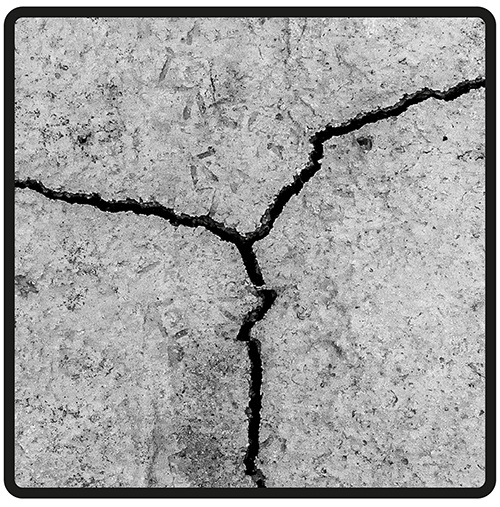
Concrete

Soil

Steel
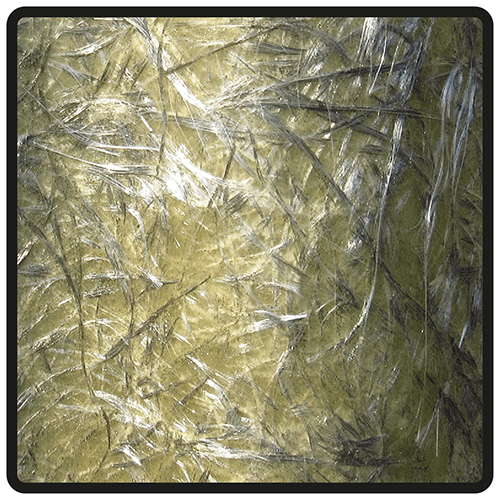
Composite
EpsilonSensor Application Areas
Structures | Bridges | Piles | Slurry walls | Roads | Dams | Embankments | Pipelines | Tunnels | Railways | Earthworks | Geotechnics | Landslides | Minings | Laboratories… and more

EpsilonSensor tight to the reinforcement just before concreting the slab

EpsilonSensor before installation in a lab specimen

Prestressed concrete beam with EpsilonSensor

Crack measurements by EpsilonSensor during bending tests
EpsilonSensor Technical Specifications
Strain resolution
1 μɛ
Strain range – both in compression and tension
±4%
Elastic modulus
3 GPa
Sensor diameter1
ø5 mm, ø3 mm, ø2 mm
Bending radius / Sensor mass
ø2 mm (non-braided) – 40 mm / 4 kg/km
ø3 mm (braided) – 100 mm / 13 kg/km
ø5 mm (braided) – 200 mm / 30 kg/km
Bi-directional outer braid
braided (Ø5, Ø3 mm)
non-braided (Ø3, Ø2)
Operating temperature2
-20 to +80°C
Core material
PLFRP (polyester fibers + epoxide)
Scattering compatibility
Rayleigh, Brillouin, Raman
Number of sensing fibres3
2
Type of the fibre4
single-mode SMF 9/125
Attenuation5
< 0.3 dB/km
Sensor length6
up to 1 km
1 Standard (other diameters available on request)
² Standard (extended temperature range available on request
3 Standard (more fibres available on request)
4 Standard (other fibres available on request)
5 At 1550 nm wavelenght
6 Sensors can be connected in series
² Standard (extended temperature range available on request
3 Standard (more fibres available on request)
4 Standard (other fibres available on request)
5 At 1550 nm wavelenght
6 Sensors can be connected in series
EpsilonSensor Installation
Each installation should be designed individually, taking into account specific requirements and local conditions. However, there are three typical methods:
1. Embedding inside new structures (concrete or ground). This approach is best because it ensures optimal bonding properties, natural protection against mechanical damage and direct sunlight influence. It also allows measurements to be taken from a true strain-stress state and offers the best aesthetics (no visible components on the surface).
2. Installation in near-to-surface grooves for existing structures. This method requires the preparation of the surface by cutting the grove, the size of which depends on the sensor diameter. It is then filled with a chemical anchor just before mounting the sensor. This method offers similar advantages like embedding.
3. Bonding directly to the sanded, cleaned and degreased structural surface. This approach is relatively simple, but has several drawbacks in terms of durability, resistance and sensitivity to external conditions. It can therefore only be used for short-term measurements with stable thermal conditions. It is also important to choose a suitable adhesive.

Embedding inside new structures (concrete or soil)

Installation in near-to-surface grooves for existing structures

Bonding directly to the sanded, cleaned and degreased structural surface
EpsilonSensor FAQ
When to use the EpsilonSensor and when to use the EpsilonRebar?
What is the main difference between EpsilonSensor and EpsilonRebar?
